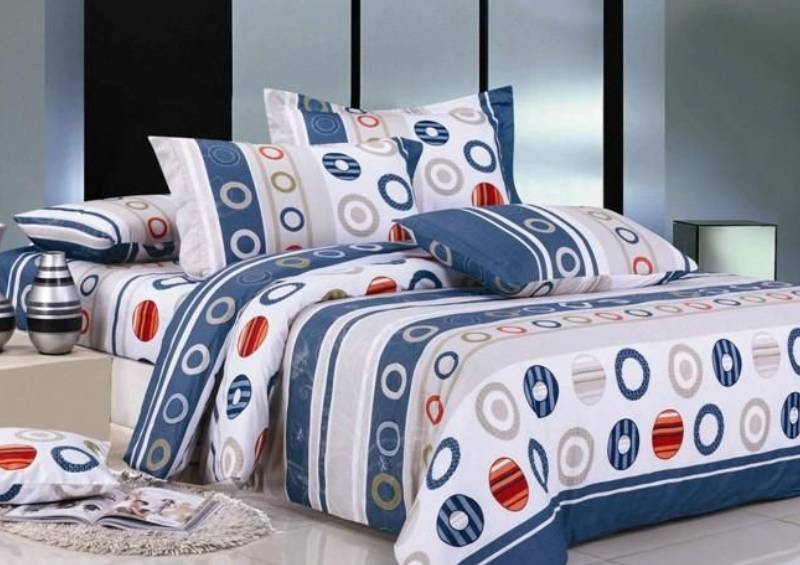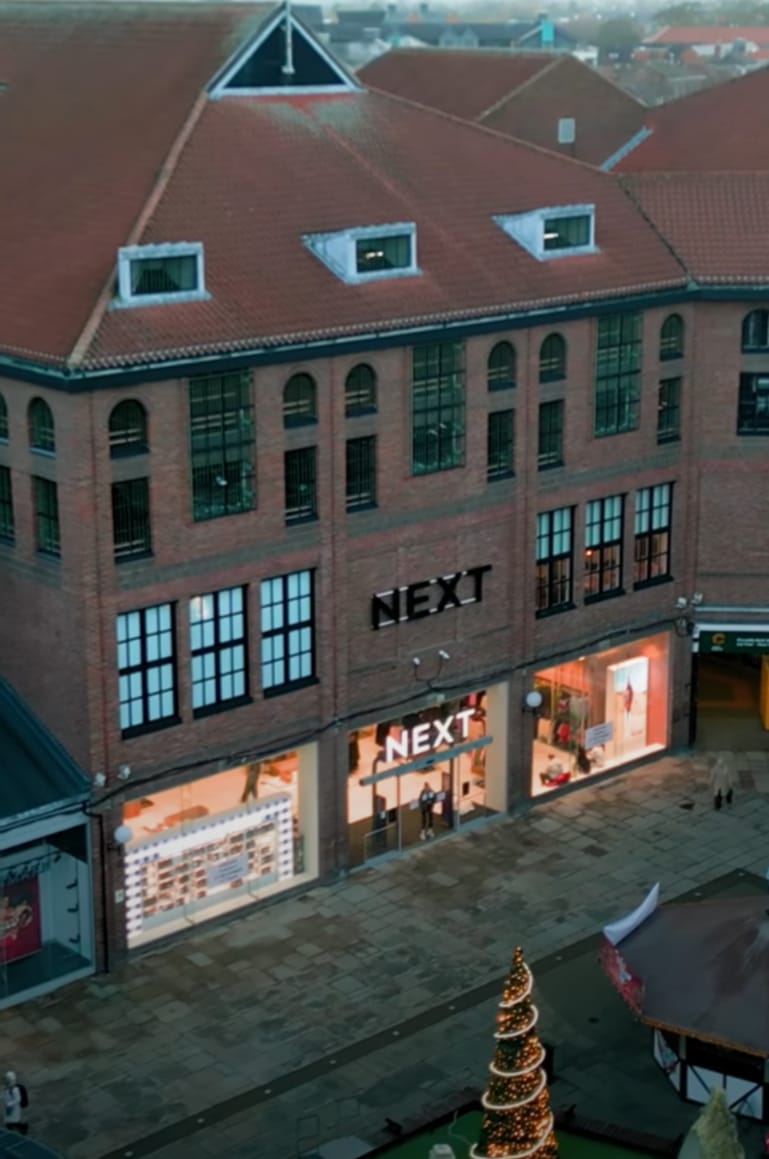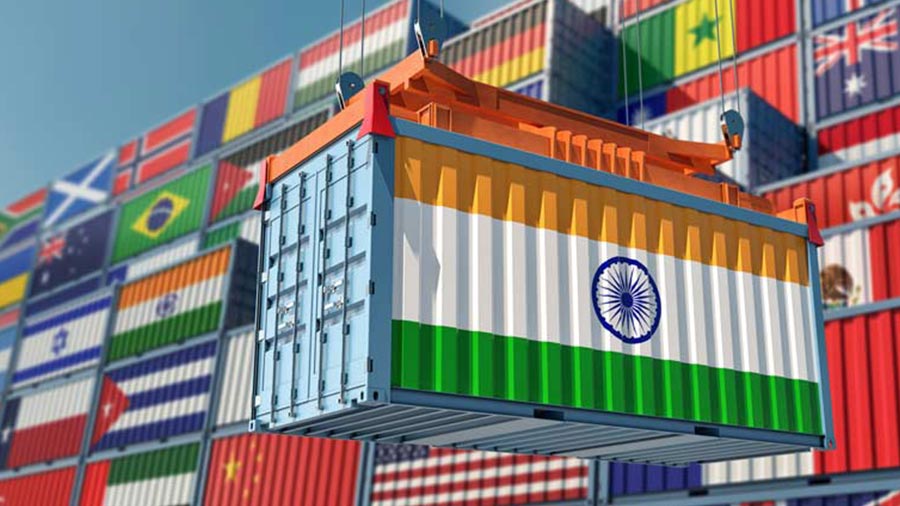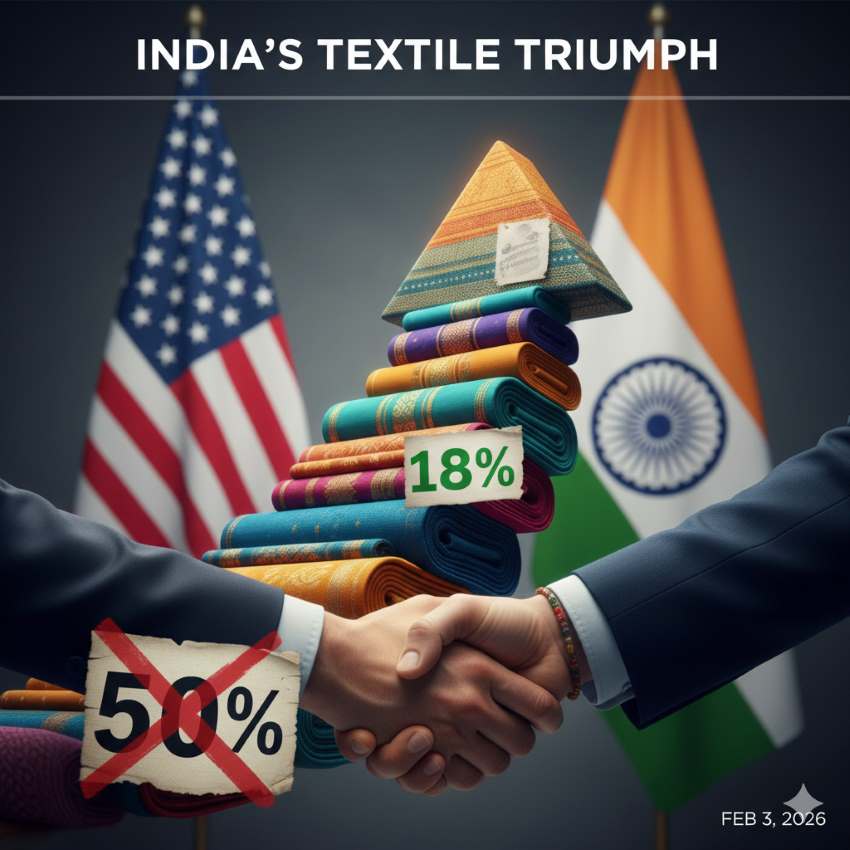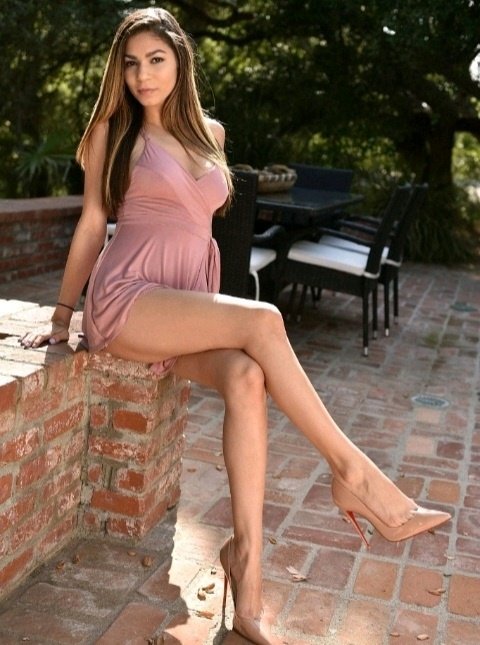
A dynamic growth indicator, predicted at CAGR 7.6 per cent until the projected period of 2032 will put India in the global top five consumers of western wear by then. US-based retail trade research specialist Allied Market Research recently released a report titled ‘India’s Western Wear Market’ that highlighted in 2021, the value of this category was approximately $2.6 billion and by 2032 it is forecasted to be worth $6.1 billion by 2032.
Changing fashion habits a catalyst
Indian consumers’ fashion choice, particularly among women, has traditionally been influenced by cultural habits. Since the 1980s, India has seen a gradual transition and from the 2000s it has begun to align itself in line with the latest global trends. Sanjay Kapoor, CEO, Genesis Luxury points out brands that are successful in India have understood how Indians consume, what colors they prefer, their choice of designs work, what touch-points and personalization work may be different from what works for a consumer living in New York or Hong Kong. Kapoor says, Indian women have kept a lot of their traditional sensibilities alive, and one can see a beautiful mix of both Indian and Western sensibilities across the spectrum. The rush of western luxury brands to India was the biggest marker that showcased Indian consumers who lead trends locally are more inclined towards western wear.
Brands reaping harvest
Major players operating in Indian western wear market are: Aditya Birla Fashion and Retail (ABFRL), Chemistry, H&M Hennes & Mauritz, Forever21, Inditex, Mango, Shoppers Stop, Benetton Group, Vero Moda and Westside. Revenue from the ABFRL’s key Madura Fashion and Lifestyle unit, that sells western wear and athleisure casual sports clothing, grew about 30 per cent to Rs 21.56 billion contributing 75 per cent of the quarterly topline Q4 2022-23.
Such is the attraction of India’s growing western wear market that China’s Shein App, banned by the Indian government has found another way to retail in India riding on Reliance Retail. Recently, the retail arm of Mukesh Ambani and Shein signed a partnership. Media reports say, Shein has partnered Reliance Retail and will operate through RIL's subsidiary to tap one of the fastest growing fashion markets globally.
Key insights from the report
The western wear market in India has witnessed significant growth in recent years, driven by a combination of factors like: changes in fashion trends, increase in urbanization, surge in disposable income, and rise in influence of Western culture on Indian society.
Western wear was initially a stronghold in men’s wear as it traditionally held the major share of the market. In this, western men’s apparel was mainly the traditional jeans, T-shirts and formal shirts and trousers. It has now diversified into jackets, various styles of jeans including ripped, skinny and recently on the lines of Gen Z fashion choice, baggy and flared jeans.
However, women’s western wear is on an unprecedented rise as preference among female consumers not only in metros but also other urban areas is growing at an incremental rate. More women are working and have the money to spend on their personal fashion choices as well as follow trends created through ever-growing ‘fashion influencers’. The women's western wear market is highly competitive with several local and international brands vying wardrobe space.
For long in the men’s category it’s the formal segment that held lion’s share in western wear. However, this is changing as informal western wear’s growth far outpaces formal wear in the forecast period. Post-pandemic trends indicate casual wear is the preferred style of dressing as it stresses on comfort and has the flexibility of mixing styles, something the more rigidly structured formal wear can’t compete in.



